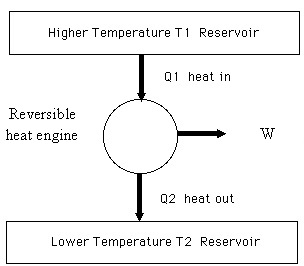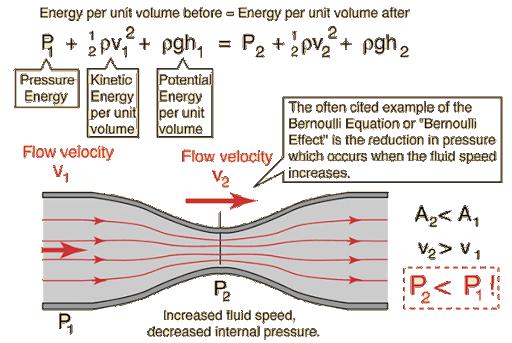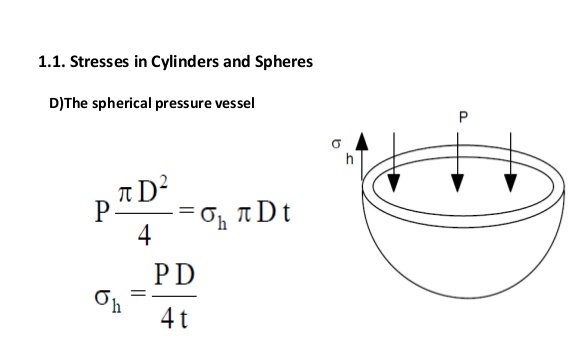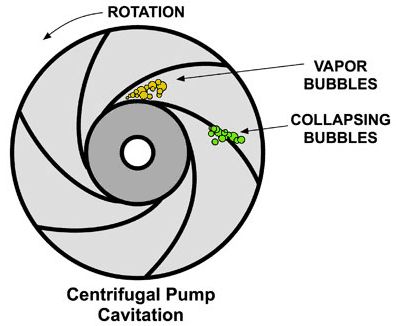25 Mpa
400 kJ
For a reversible heat engine, efficiency is expressed as
1-(T2/T1) = 1- (Q2/Q1)
2 represents sink, where heat is rejected out.
Thus, in the given data, T1=600 K , (Source at higher temperature) T2 = 300 K (sink), heat rejected out , Q2 = 200kJ . So
Efficiency = 1-(0.5) = 0.5 = (Q1-Q2)/Q1. This gives heat input Q1 to be 400 kJ.

all of these combined
The Bernoulli's equation states that For a perfect incompressible liquid, flowing in a continuous stream, the total energy of a particle remains the same, while the particle moves from one point to another.
The Bernoulli's equation is applied to venturimeter, orifice meter and pitot tube.
Hence Bernoulli's theorem applies to incompressible, steady and non-viscous flow.

pd/4t
Tensile stress in thin spherical shell subjected to internal pressure is pd/4t

vapour
Simply defined, cavitation is the formation of bubbles or cavities in liquid, developed in areas of relatively low pressure around an impeller. The imploding or collapsing of these bubbles trigger intense shockwaves inside the pump, causing significant damage to the impeller and/or the pump housing.
Hence cavitation in a pump is associated with vapour pressure.
